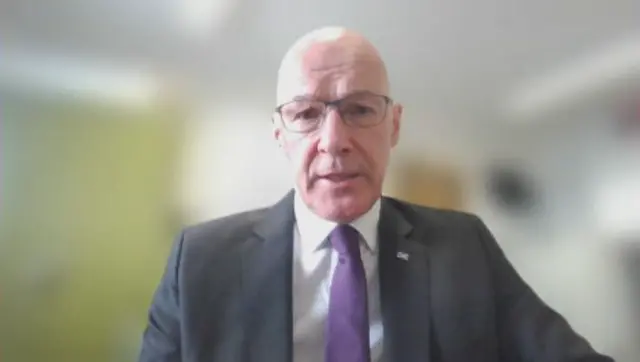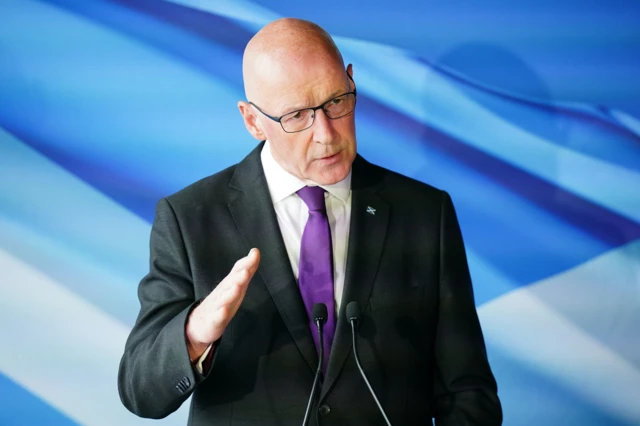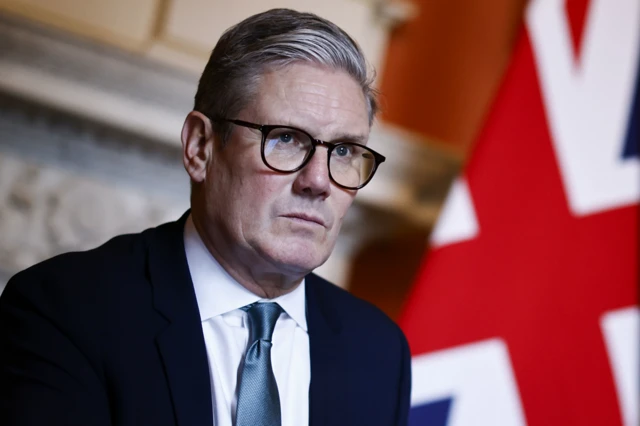A damning report - but not the end of the inquirypublished at 16:02 BST 18 July 2024
 James Gregory
James Gregory
Live editor
This was a damning report - and it's just the first of at least nine which will be released looking at how the UK responded to the coronavirus pandemic.
We've been going through Baroness Hallett's full 240-page report on the UK's preparedness across the course of this afternoon - and if you'd like to read the whole thing (as we've been doing) you can find it here, external.
We're now ending our live coverage, but you can read more on the report in our main story here, and more about the inquiry itself here.
Today’s page was written by Seher Asaf, Jake Lapham and Jamie Whitehead. It was edited by myself, Marita Moloney and Dulcie Lee.









